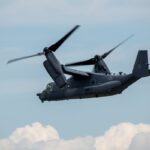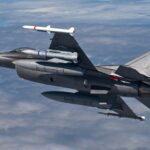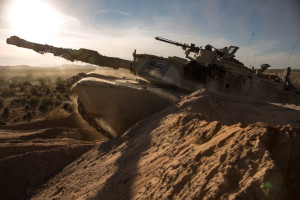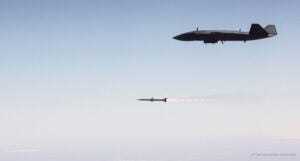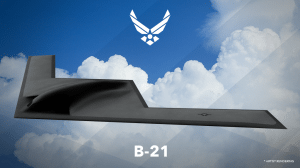
ORLANDO, Fla.--The Air Force since the spring of 2014 has been briefing appropriate congressional members and staffers on its classified Long Range Strike Bomber (LRSB) acquisition strategy and it will continue explaining itself as it moves forward, Air Force Secretary Deborah James said Friday.James' remarks come in response to Senate Armed Services Committee (SASC) Chairman John McCain (R-Ariz.) threatening to not authorize the program over its use of cost-plus contracting, in which the government would be liable for cost overruns.…

